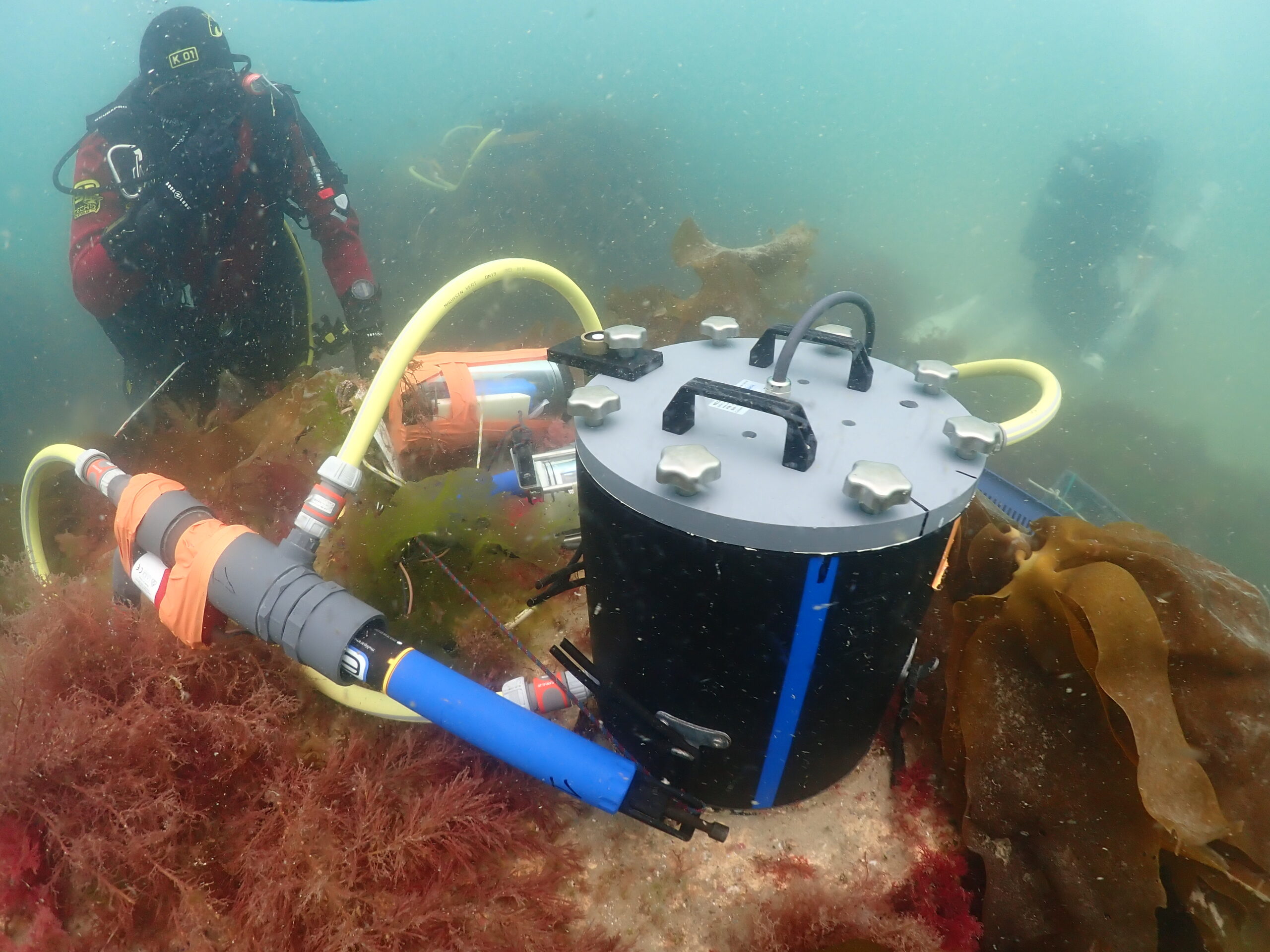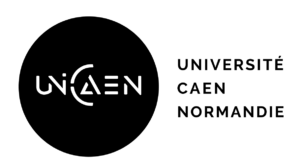Project Summary:
CARBOREEF aims to evaluate the impact of offshore wind farms and artificial marine infrastructures on marine ecosystems, focusing on the colonization of these structures by organisms—primarily photosynthetic—and the quantification of associated carbon fluxes through the immersion of various small-scale artificial structures.
Background:
Offshore wind energy is a key component of the energy transition in Europe and France, particularly in the English Channel, which offers ideal climatic and geographic conditions for offshore wind farm development. CARBOREEF contributes to this context by assessing the effects of wind farms on primary producers (the base of marine food webs) and on blue carbon sequestration.
Objectives:
Building on the INTERREG MARINEFF project (2018–2023), CARBOREEF will deploy new small-scale artificial structures to study how these installations influence the colonization by photosynthetic organisms and how they alter carbon fluxes across various biological compartments (macroalgae, microphytobenthos, phytoplankton) and higher trophic levels.
Methodology:
The project is organized around two main approaches:
-
In situ monitoring: Observation of organism colonization and measurements of community metabolism and photosynthesis on two pilot sites (the outer harbor of Cherbourg and the Bay of Seine)
-
Mesocosm experiments: Investigation of carbon fluxes and interactions between compartments depending on the type of artificial structure
Expected Results:
Combining innovative field and laboratory approaches, CARBOREEF aims to deepen our understanding of how offshore infrastructure alters ecological processes and material fluxes. The project also seeks to identify solutions to reduce environmental impacts while enhancing ecological benefits. Additionally, the findings will help improve carbon flux models in the region, providing crucial data for the sustainable management of offshore wind energy.
The PhD project of Camille Carpentier is being carried out as part of CARBOREEF, funded by the University of Caen Normandie.


